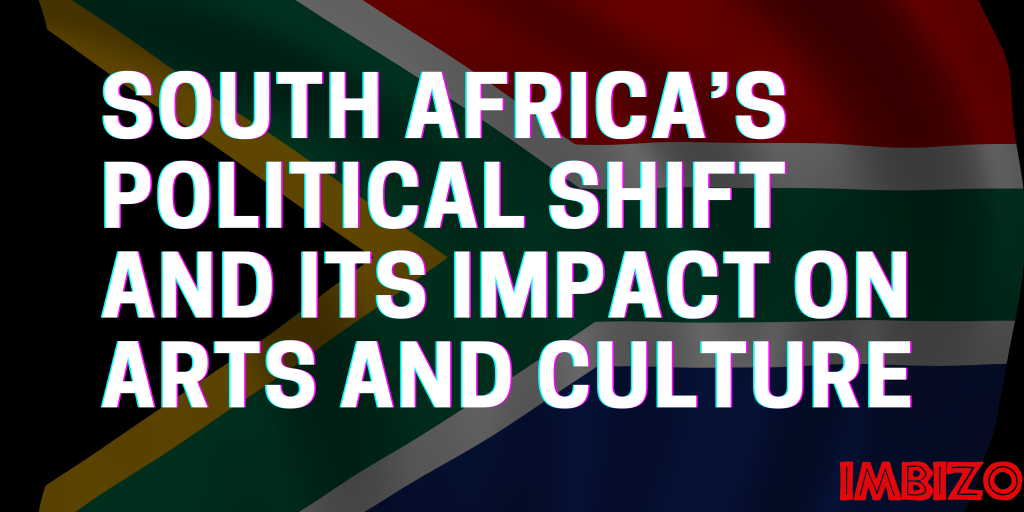Download your Magazine copy here
The recent South African elections have ushered in a new era of governance. The African National Congress (ANC) won with only 40% of the vote, forcing the formation of a Government of National Unity (GNU) with the Democratic Alliance (DA) and other parties. This significant shift marks the first time since the end of apartheid that the ANC has lost its outright majority, leading to a coalition governments .
What is a GNU?
A Government of National Unity (GNU) is a coalition formed by multiple political parties, often in response to a fragmented or divided electorate. This arrangement aims to ensure stable governance by including a broader range of political voices and fostering collaboration across party lines. In South Africa, this move is a response to the ANC’s weakened mandate and the need for more inclusive and representative governance . The Political Landscape and Its Effects on the Arts Community. President Cyril Ramaphosa, now in his second term, faces the daunting task of uniting a fractured political landscape and addressing the country’s pressing issues. His new cabinet, composed of politicians rather than technocrats, raises concerns about continuity and the ability to implement effective change. For the arts and culture sector, this political turbulence could have mixed outcomes. On one hand, a GNU might bring more diverse support and perspectives, potentially leading to more inclusive cultural policies. However, the arts community fears that continued political infighting and lack of dedicated leadership could result in stagnation and underfunding. Historically, the arts have been sidelined in favor of more immediate economic concerns, and there is little to suggest this will change under the new administration.
The Future of Arts and Culture
The appointment of new MECs (Members of the Executive Council) for Sports, Arts, and Culture, who are predominantly career politicians, has not inspired confidence in the arts community. There is a palpable anxiety that these leaders lack the vision and commitment needed to nurture and develop the sector. The arts fraternity could suffer from a continuation of bureaucratic inefficiencies and inadequate funding. Nevertheless, there is a glimmer of hope that the inclusion of more political parties in the government could lead to more robust debates and potentially better outcomes for the arts sector. Advocates within the community are urging the new government to prioritize cultural development as a means of fostering national unity and identity during this period of political transition. South Africa’s new political era brings uncertainty for the arts and culture community. While the formation of a GNU presents an opportunity for more inclusive governance, the continued dominance of career politicians in key cultural positions threatens to perpetuate existing challenges. The sector’s future will depend on the ability of these new leaders to prioritize and effectively support the arts amidst the broader political and economic issues facing the country.
